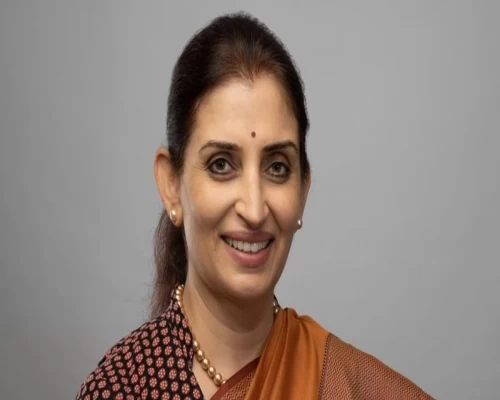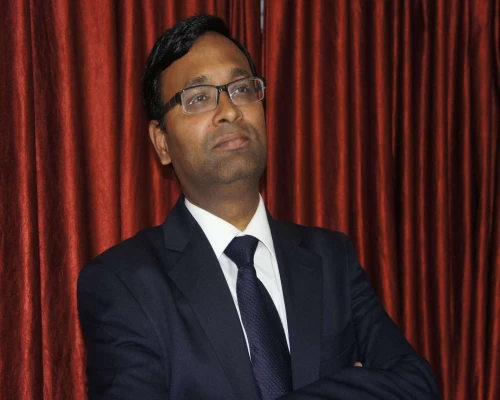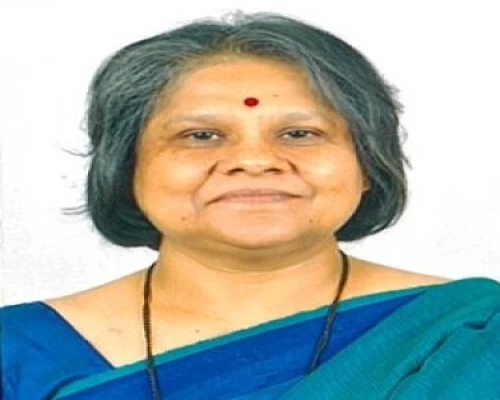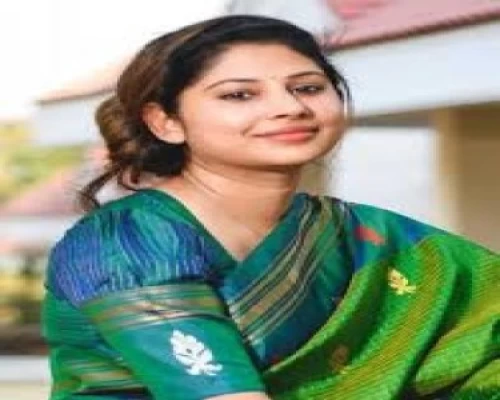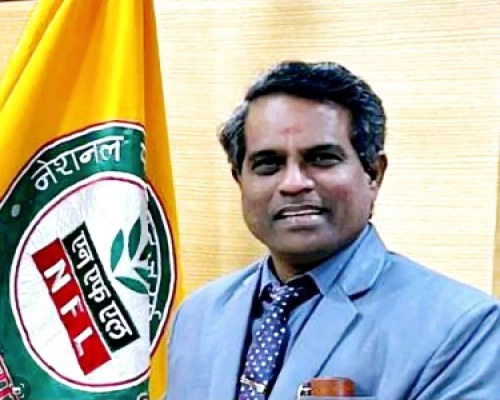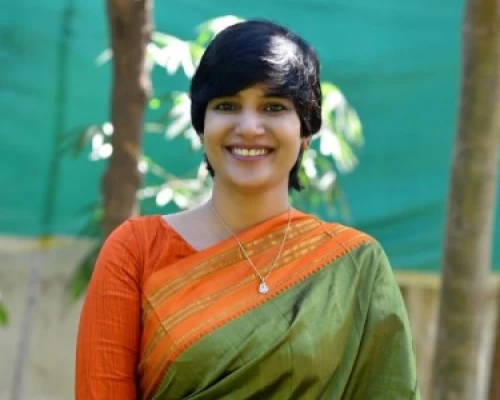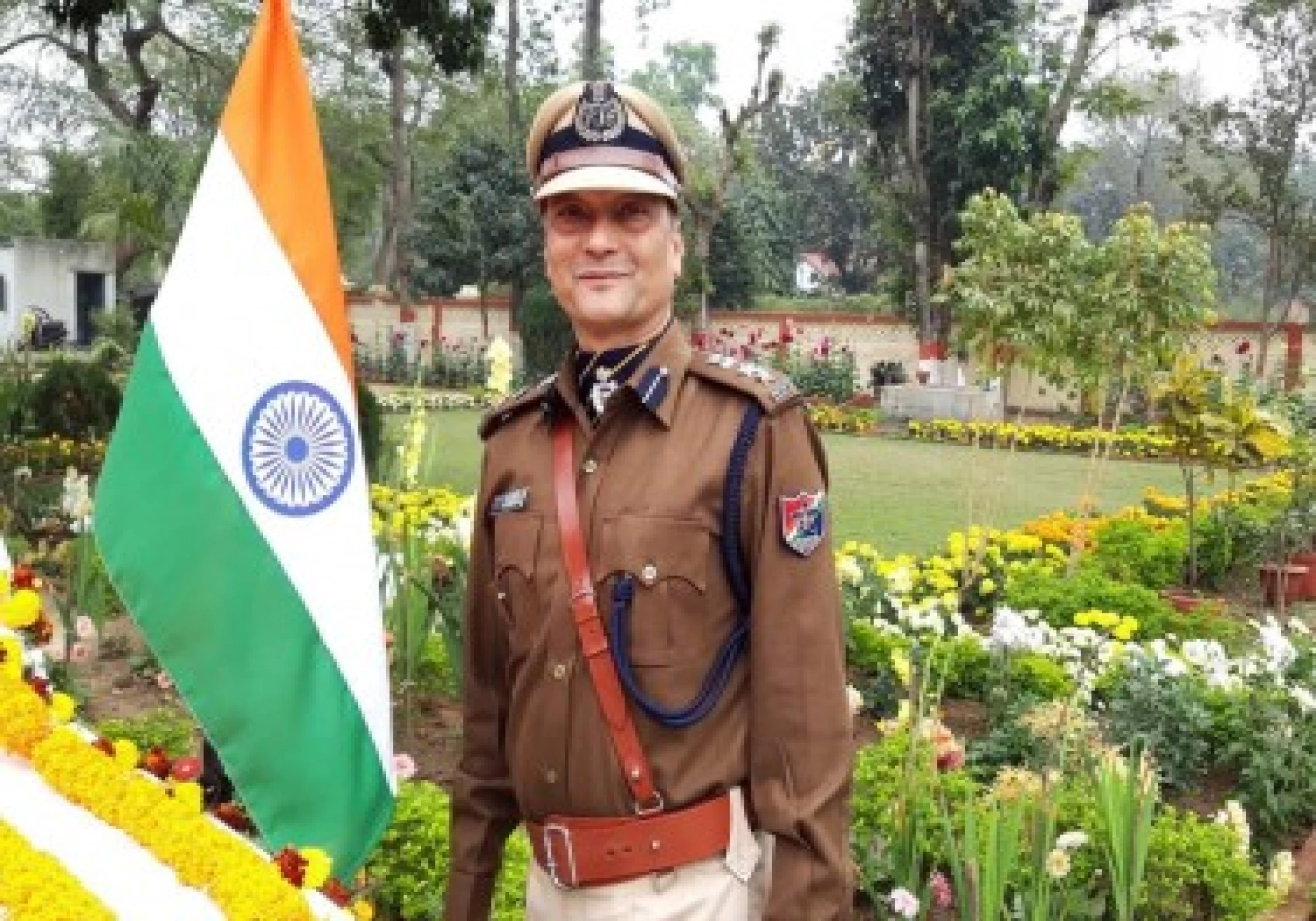
Service above self is something I enjoy the most, said Achyutanand Jha, DIG-cum-Chief Security Commissioner, Central Railway, in an exclusive interview with Naina Jha of Bureaucrats India.
“Civil servants as members of the executive, which is the second pillar out of four of the largest democracy of the world, have immense satisfaction and opportunity to do endless benevolent, humanitarian and transformative, even revolutionary things for the society and country,” said Mr Jha, Indian Railway Protection Force Service officer of 1999 batch. He is currently posted as DIG-cum-Chief Security Commissioner, Central Railway, Mumbai. Here are edited excerpts:
How has been your journey in bureaucracy so far?
It is very satisfactory and accomplishing. During the last 21 years, I have served in Assam, Punjab, Bihar, Maharashtra, Uttar Pradesh, Jharkhand, West Bengal, and Delhi. The opportunity to serve in different cultural environments has enhanced my world view and positively impacted on work culture. Twenty years do not seem to be so long as I encounter new challenges every day.
When did you realize that you wanted to join the government, and what all you did to reach there?
During my graduation at the Delhi University, its environment introduced me to the Civil Service exams. During Post-Graduation at the JNU, I focussed on preparing for Civil Services. Though the mainstream of JNU is academic and research-oriented but it gives the opportunity to excel in any field. The Library of JNU helped me a lot in preparing for the Civil Services examination.
How easy or difficult was it to adapt to the Civil Services? How did you reorient yourself?
It is very easy. Two years of training transforms one completely, The Civil Service foundation at LBSNAA provides the real foundation for all civil servants.
What are some of your achievements as a government servant, which you would like to share with us?
Apart from professional achievements, I would like to share works for community - polio corrective surgery of 102 children at Samastipur in Bihar, revival of twin ‘Pampu Talab’ at Dhanbad, Jharkhand, rejuvenation of closed Shatabdi Park spread over 6.5 acres with four water bodies - the lung of Asansol, West Bengal, opening of school for orphan and runaway children at Samastipur, Bihar, in association with NGO PRAYAS, mini forest at Andal, West Bengal, which has been named after martyrs of RPF brave hearts Arjit and Palash, rehabilitation of beggars from railway stations to NGO’s home and more than one million free food distribution during lockdown in Delhi.
As a bureaucrat, you have enormous opportunities to serve the people through effective implementation. How has been your experience on this count so far?
No doubt, there are endless opportunities for bureaucrats to serve the people and Indian bureaucracy has proved it right but there is always scope to further improve the delivery system. The synergy of good and serving the people gives harmonious happiness and my experience so far is very accomplishing.
Bureaucracy in India has undergone a metamorphosis in the last few decades, especially in terms of design and delivery. It is far more efficient today, and this has given rise to soaring expectations. How do you look at this trend?
This is a very welcome trend. The Central government and all States/UTs governments set short and long-term goals. Expectations from the people are oxygen to achieve these goals. Expectations from the people must be encouraged to further develop India and the Civil Servants must address all expectations, which are in consonance with the core values of India.
Technology has played a key role in enhancing transparency and efficiency in governance. Do you think futuristic technologies including Artificial Intelligence will continue to play an equally significant role in executing government welfare programs?
Yes, technology has proved its importance and utility in all fields including the government sector. Technological solutions for the implementation of different schemes including welfare program is need of the hour as India is a very vast country with 1.38 billion populations. India has rightly resorted to low cost innovative technology. The millennial generation has lot of opportunity to contribute in the field. It has also challenges to overpower cyber crime and solution lies in technology itself.
Would you like to share any experience on the use of technology in governance?
There are many examples of the utilization of technology for good governance. But PRS of Indian Railways revolutionized the service sector and inspired many organizations to adopt the computerization. Thirty years back, in 1986 Indian Railways started the computerized public reservation system (PRS) for booking of railway tickets and power shifted from the government to the public. It handles 1.6 million truncations daily, a real power to the public.
What is your view on lateral entry at the level of the joint secretary?
Though the Civil Servants acquire expertise through training and experience, the infusion of experts from the private sector will be enriching for both.
What are the lesser-known facts about bureaucracy in India?
There is a general perception that the life of bureaucrats is very comfortable and they are like feudal lords. It is a completely false notion. Bureaucrats in India are protectors of democracy and facilitators of people to achieve their aspirations. Everyone should know that bureaucracy, i.e., executive is the second pillar of the largest democracy of the world. Four pillars are legislative, executive, judiciary, and media.
Do you feel the people have a lot of expectations from civil servants?
Yes, the people do have lots of expectations. The office of civil servants is local government for the people and civil servants must respond quickly and positively with compassion to redress the grievances of the community.
Tell us about your family
My father Shri Tirtha Nand Jha is a retired principal of the government school and a recipient of two times ‘President of India Medal.’ My late father-in-law Shri Narayan Jha was also a teacher. My mother and mother-in-law are homemakers. My wife Neelu Jha is a classical singer and our two daughters are students.
How do you take out time for your family and kids?
There is a heavy workload for any civil servant. So its proper management is necessary. Delegation of power, innovation, use of technology, predictive action etc may provide some space and time for family.
Share your fondest memory as a Civil Servant.
During the recent past, it was providing more than one million free meals, 10,000 sanitary napkins, etc., in association with NGOs, ITC, Parle, and RPF personnel in and around NCR at 20 railway stations during the Covid-19 pandemic. In my early days, it was organizing polio corrective surgery at Samastipur in Bihar as founding secretary of the Rotary club of Samastipur. 102 children benefitted. Normally, it costs Rs 1 lakh per person and it was done free of cost by the Rotary International in association with the local medical fraternity.
What are your hobbies? And do you get time to pursue your hobbies?
Blogging on medium.com and writing articles for the government magazines are two important hobbies of mine. Yes, I try to get some time for reading daily and writing during weekends. It is not difficult. Anyone can manage time for their hobbies or interest subject to minimizing screen time.
Last but not the least, what is your message for aspiring Civil Servants?
Aspiring Civil Servants should imbibe core values of Indian civilization, culture, Constitution, and compassion during student life itself. It must reflect in written examination and interview. It is the first step for any Civil Servant and must be followed lifelong. It will also help in stabilizing thought processes, emotions, and world view. There must be a backup plan to resort to if one does not get a chance to become a civil servant. Fear must be dealt with properly and positively to turn it into a virtue. A fear quotient should be developed which would be linked to emotional stability. Study from good books is better than acquiring unconfirmed information from the internet. A smart study has no substitute.


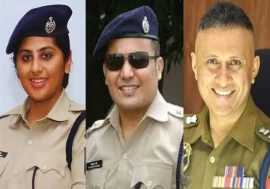

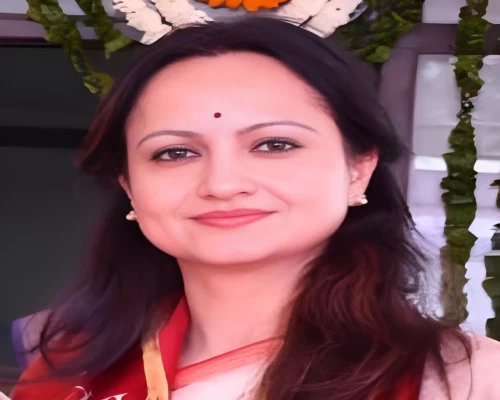
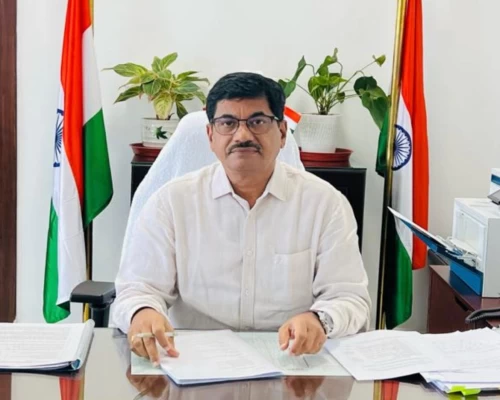
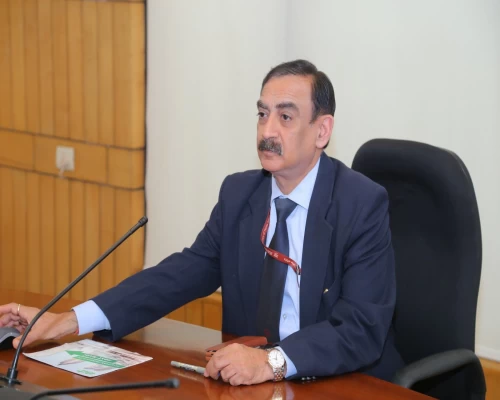
_500_x_400.webp)
